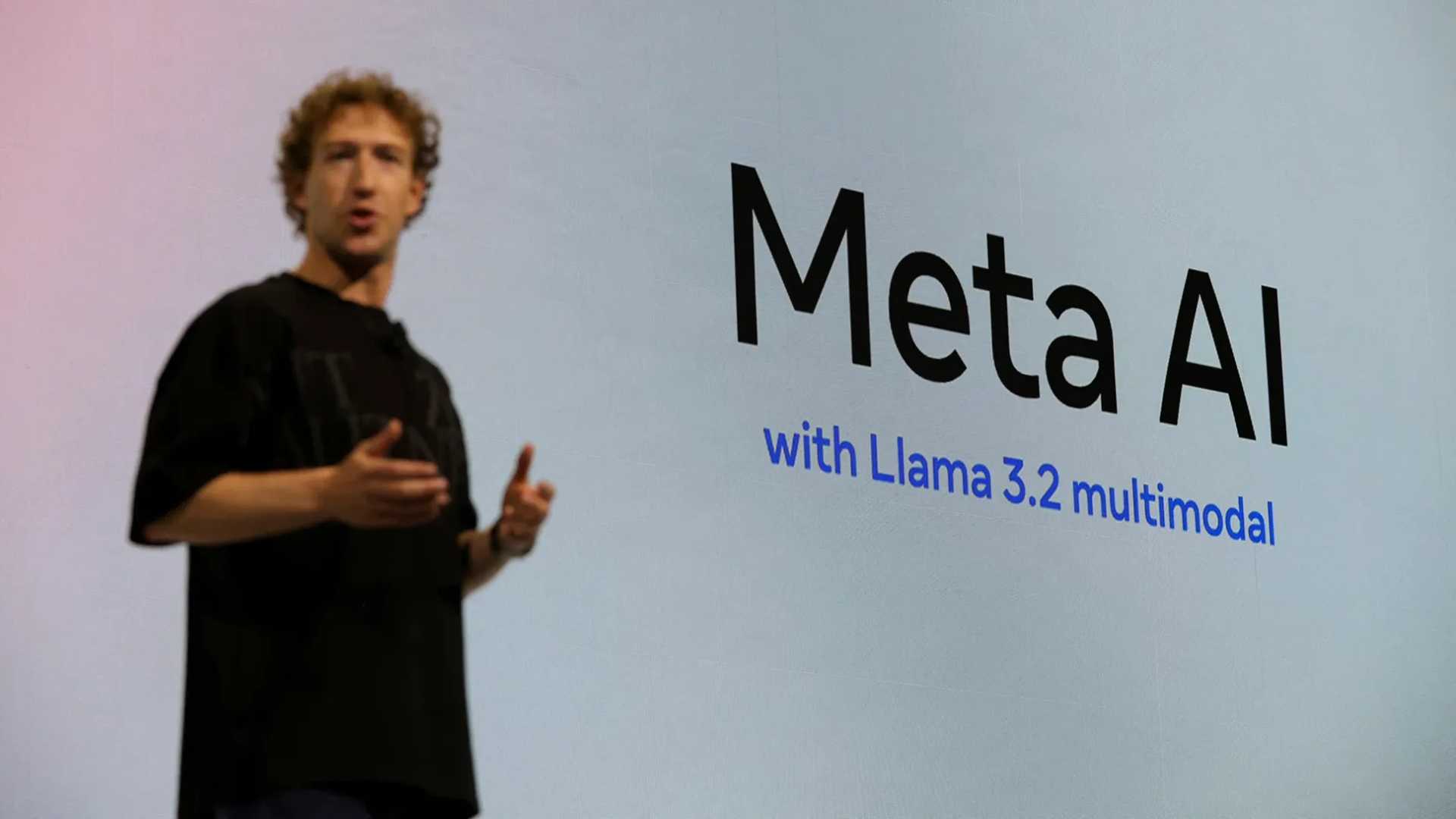Meta spending big on AI talent but will it pay off? - The Business Times
Mark Zuckerberg and Meta are making significant investments in acquiring top talent in the field of artificial intelligence, particularly in generative AI. This move has raised questions about the potential outcomes of such an extensive hiring spree.
A number of employees from OpenAI have reportedly accepted Meta's offers and transitioned to the tech giant's headquarters in Menlo Park. Notably, Meta acquired a 49% stake in Scale AI for over US$14 billion, which led to Alexandr Wang, the founder of Scale AI, becoming a part of Meta.

Acquisitions and Recruitment
Scale AI specializes in labeling data to enhance AI models for various sectors such as businesses, governments, and research labs. A Meta spokesperson confirmed the partnership, stating, "Meta has finalized our strategic partnership and investment in Scale AI."
Meta's recruitment efforts have also targeted individuals from other prominent entities like OpenAI, Perplexity AI (a Google rival), and Runway (an AI video startup).
The Pursuit of Superintelligence
Meta's CEO, Mark Zuckerberg, has personally driven the recruitment initiative, fearing that the company is falling behind competitors in the generative AI race. Meta is now establishing a specialized team dedicated to advancing "superintelligence," aiming to develop AI that surpasses human capabilities in terms of cognitive processes and comprehension.

While the company's stock value is on the rise, reaching close to US$2 trillion, some investors have expressed concerns about Meta's financial management. Institutional investors are apprehensive about the company's cash flow management and its CEO's unrestricted decision-making authority.
Challenges and Opportunities
Despite the potential long-term benefits of hiring top AI talent, experts like Zvi Moshowitz caution against solely focusing on recruitment without addressing other critical aspects of the business. Concerns have been raised about Meta's reliance on advertising revenue and the need to diversify its product offerings.

On the other hand, analysts believe that investing in AI expertise is essential for Meta's future competitiveness, particularly in the realm of generative AI. While the immediate impact on profitability may not be significant, preparing for the future demands strategic investments in talent and technology.
Future Prospects
Looking ahead, Meta is exploring potential shifts in its AI strategies, including the possibility of moving away from its current AI model, Llama. The company is considering alternative AI models to enhance its capabilities and market position.
Experts suggest that Meta's focus on developing AI agents tailored to specific tasks could be a viable approach, even without relying on the most advanced language models. Success in this domain would require precision and effectiveness in catering to specific market segments.
In conclusion, Meta's substantial investments in AI talent reflect a strategic shift towards superintelligence and innovation. While uncertainties remain about the outcomes of these endeavors, Meta's commitment to AI development signals a promising yet challenging road ahead.




















